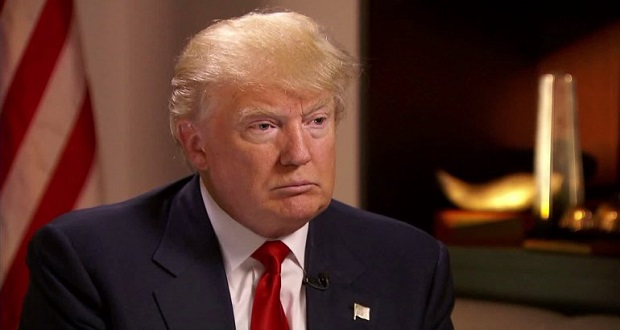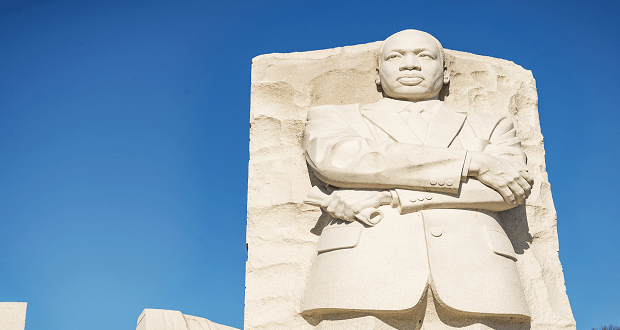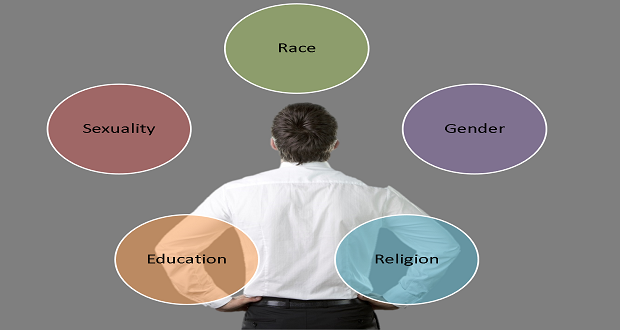
“When Mexico sends it’s people, they’re not sending their best,” Presidential candidate Donald Trump recently informed us. “They’re sending people that have lots of problems, and they’re bringing those problems [to] us. They’re bringing drugs. They’re bringing crime. They’re rapists. And some, I assume, are good people.” (But only some, of course.)
Trump is assuming a lot! And you know what happens when one assumes.
That’s right, one rises to second place in national polls of leading Republican Presidential candidates, because all it takes is a media-hungry clown for people to channel their own inner fears, bigotry, and, mainly, ignorance.
To begin with, Mexico isn’t actually sending anyone over to the States. People are fleeing what is often referred to as a failed state. So when Trump points out that illegal immigrants have lots of problems, he’s right. Unfortunately, Trump is one of those problems. How convenient it is to pick on illegal immigrants simply because “they” are not “us.” Thankfully, though, companies like Univision, NBC, and Macy’s are cutting ties with Trump because he is not really us, either.
All of which detracts from what’s really important: How do we address undocumented immigration?
Trump wants to build a wall. Actually, he’s pretty much done that already, having alienated rational society. Still, all this reminds me of a thought experiment a favorite philosopher of mine posits. In his book, Practical Ethics, Peter Singer wants you to imagine a world just ravaged by nuclear war. Radioactivity is so high that only people living in fallout shelters can survive long enough for the danger to pass. Those living above ground have no choice but to breathe contaminated air and eat toxic food. About 10 percent will die of radiation poisoning in the next two months, and another 30 percent will likely develop fatal cancers within five years. Never mind that everyone else will face higher possibilities of cancer. Plus, let’s not overlook the children who will be born malformed.
But this doesn’t apply to those living in safety. They planned way in advance to secure their spots in the shelters, which were designed as underground villages, each with enough resources and room to accommodate the needs of 10,000 people for 20 years. One such shelter, Fairhaven, has a shaft that leads to the surface, where another 10,000 people are desperate to enter. They did not invest in the shelter early on, so were not admitted. Still, now that death and disease are looming for them, Fairhaven is their only chance for survival.
While the shelter has enough supplies to last 20 years, scientists have confirmed that everyone can safely head back up after only eight years. And by the way, Fairhaven was designed as a luxury retreat, with tennis courts, swimming pools, gyms, etc., all of which could technically be used to accommodate extra people.
Some Fairhaven residents are arguing to let in the outsiders, despite their lack of investments. Others oppose doing so, insisting that these people are inferior and would cause all sorts of social problems down below. Additionally, why should Fairhaven residents let in people who did not, and lack the means to, pay their share? Still others argue to let in only 500 of the 10,000 people, which would allow the community to maintain its current living standard.
A referendum is held. There are three proposals: to admit 10,000 outsiders, to admit only 500, or to admit no one.
Which would you vote for?


















